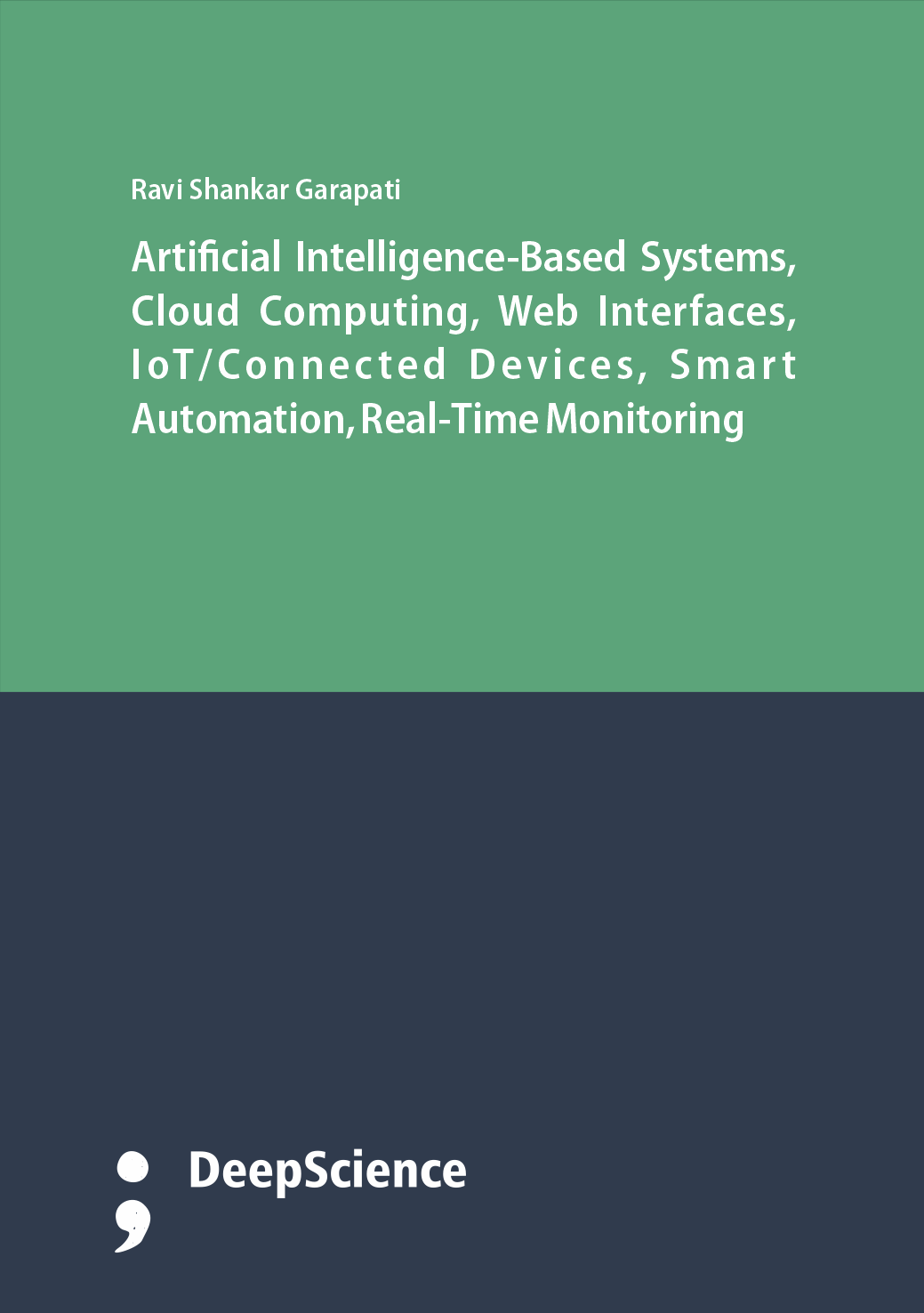Security and Privacy Challenges in AI-IoT-Cloud Convergence Architectures
Synopsis
The continuous advancements in Artificial Intelligence (AI) and the Internet of Things (IoT) allow the intelligent and efficient integration of connected devices and services. The integration of AI into the IoT system architecture enhances the operational management of IoT services and devices. Also, it supports other horizontal services, Â as intrusion detection, authentication, addressing schemes, and security enhancement. Employing AI technologies at the IoT layer is limited due to data, computing, and storage-resource constraints.
Cloud computing platforms function as a central data repository and offer abundant resources from the infrastructure layer. Network capacity can also be added on demand for wider connectivity and faster response times. The integration of AI, IoT, and cloud computing facilitates a broad range of emerging applications capable of supporting both horizontal and vertical services for the Internet of Everything (IoE). Access to massive data from IoT services and devices also supports advanced training of the AI system through cloud-based resource sharing. However, the AI-IoT-cloud integration also raises security and privacy concerns related to data protection, owing to the dependence on centralized cloud resources for processing.













